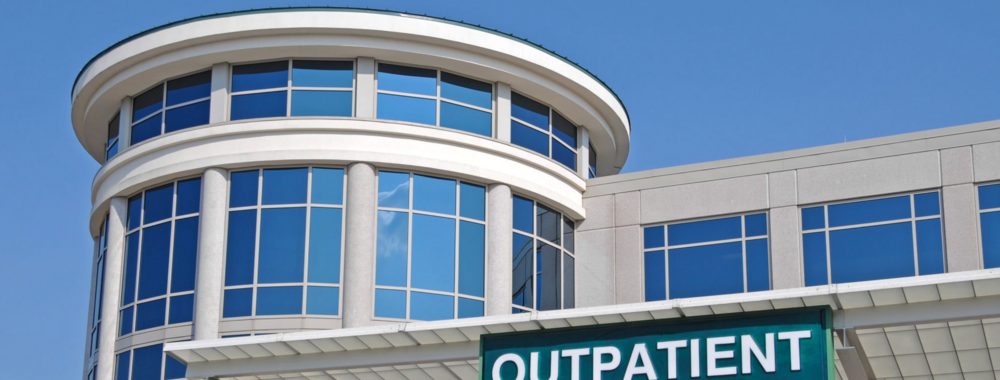Starting recovery is never easy, but starting the right way can make all the difference. For many, the idea of quitting cold turkey or managing withdrawal alone feels overwhelming. That’s where medical detox comes in, not just as a clinical option, but as a strategic investment in your future sobriety.
At Colorado Medication Assisted Recovery (CMAR), we help people across Denver and beyond safely begin their recovery journey through outpatient medical detox designed around comfort, flexibility, and results.
If you’re weighing your next step, here’s what makes the benefits of medical detox impossible to ignore, and why it might be the most intelligent decision you’ll ever make.

Top Benefits of Medical Detox
Medical detox isn’t just about removing substances from the body; it’s about doing it with the proper support, the right tools, and the right mindset.
For individuals who have tried to quit on their own or are nervous about what withdrawal might feel like, the benefits of medical detox are rooted in safety, comfort, and setting the stage for long-term success.
Below are some of the most important reasons why choosing medical detox, especially in an outpatient setting like CMAR’s, can make all the difference in your recovery journey.
1. Personalized Planning from Day One
Unlike one-size-fits-all detox approaches, medical detox begins with a complete medical and psychological assessment. This allows care teams to:
- Understand your substance use history
- Identify physical or mental health concerns
- Create a tailored medication and therapy plan
At CMAR, this initial planning sets the tone for everything that follows. We don’t guess, we listen, evaluate, and respond to your unique needs.
2. A Controlled Way to Reduce Risk
Unsupervised detox can lead to serious complications like seizures, dehydration, or cardiac distress, especially for people detoxing from alcohol, opioids, or benzodiazepines.
Medical detox ensures safety through daily clinical oversight. At CMAR, patients undergo:
- Regular vital monitoring
- Medication adjustments based on progress
- Direct access to licensed clinicians
Even in an outpatient setting, this high-touch care reduces risk and supports a smooth withdrawal process.
3. Immediate Relief from Cravings and Symptoms
Withdrawal doesn’t just test your willpower; it hijacks your body. From cold sweats and stomach cramps to panic attacks and insomnia, symptoms can feel unbearable.
One of the most significant benefits of medical detox is that it doesn’t require you to suffer.
At CMAR, we use FDA-approved medications to:
- Lessen or prevent withdrawal symptoms
- Ease mental distress
- Reduce cravings during the most vulnerable phase
This relief can make the difference between completing detox and giving up before it’s over.

4. Staying Present for Work and Family
Not everyone can disappear for 30 days. One significant advantage of outpatient medical detox, like the one offered at CMAR, is the ability to stay engaged in life while getting the care you need.
- No overnight stays required
- Early morning, daytime, and evening appointments available
- Discretion and privacy are preserved
Our program is ideal for people who want to stay home, continue working, or maintain parenting responsibilities while safely beginning recovery.
5. A Judgment-Free Space to Start Over
Medical detox isn’t about punishment, it’s about healing. At CMAR, we offer a compassionate, nonjudgmental environment where patients can be honest about their struggles and start fresh without fear.
We often hear from clients that simply walking through our door, knowing they’d be met with respect, was the turning point.
6. Setting the Stage for Real, Lasting Change
Here’s something people don’t talk about enough: Detox alone isn’t enough.
Detox clears your system, but real recovery requires addressing:
- Why you used
- How to avoid future triggers
- What coping skills do you need next
That’s why our medical detox program is just the beginning of what CMAR offers. Patients who complete detox have immediate access to our therapy-based outpatient programs, including:
- Partial Hospitalization (PHP)
- Intensive Outpatient (IOP)
- Dual diagnosis mental health care
- Medication-assisted treatment (MAT)
We help you step into the next phase of healing without losing momentum.
7. A More Affordable, Accessible Option
Inpatient detox can cost thousands of dollars and isn’t always necessary. Our outpatient model offers:
- High-quality care at a lower cost
- Insurance-friendly treatment (including Medicaid)
- Self-pay options with transparency
You don’t have to choose between safety and affordability. CMAR delivers both.

Final Thoughts: Why It’s Worth It
The benefits of medical detox go far beyond physical comfort; they include safety, flexibility, emotional support, and a clear path into recovery that fits your real life if you’re ready to take the first step but aren’t sure how, our team is here to guide you with compassion and care.



















































